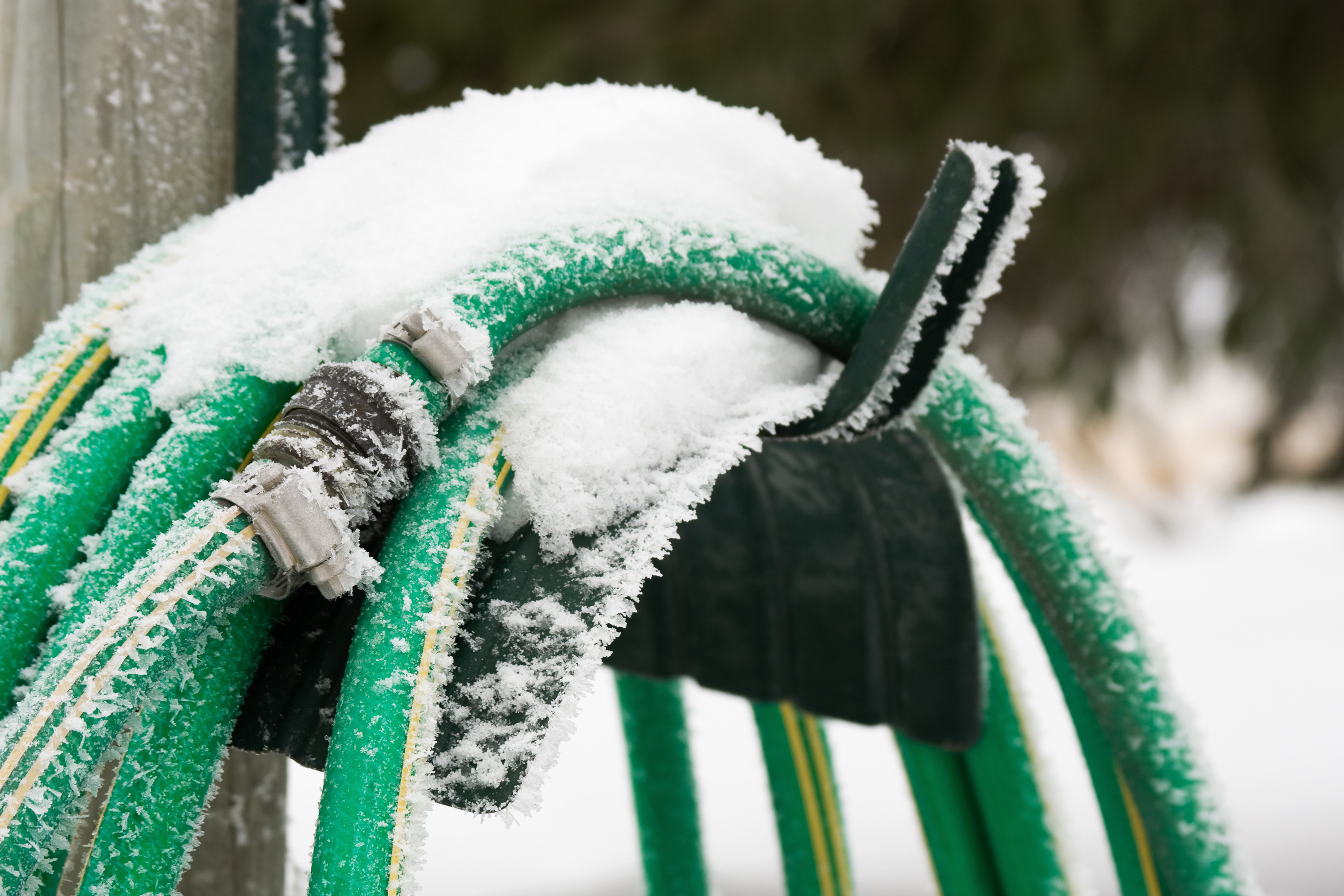
Cold Weather Warning
A cold blast is heading our way for the next few days – possibly bringing frost and ice, raising the risk of leaks, burst pipes and expensive repairs.
A cold blast is heading our way for the next few days – possibly bringing frost and ice, raising the risk of leaks, burst pipes and expensive repairs.
During these cold weather conditions, water expands and then freezes causing pipes to split. When the thaw comes, the damage is revealed.
Damian Crawford, Head of Water Operational Control at Southern Water said: “The ground can freeze and thaw, causing the earth to shift, putting pressure on our pipes. If they break, that’s when leaks or bursts can happen.
“During prolonged cold temperatures, our customers’ homes are also at risk. If your pipes get too cold, the water inside freezes and expands. This can cause them to break and leak. Nobody wants a winter emergency, so lagging your pipes and knowing where to find your stop tap are really important.”
We want our customers to stay safe. Here are our Top Ten Tips for preparing homes for the cold weather.
- Know where your stop tap is - Your stop tap allows you to turn off your home’s water in an emergency, such as a burst pipe. It’s usually found under the sink or stairs.
- Insulate your tank and pipes - If your water tank or pipes get too cold, the water inside can freeze. As well as the hassle of stopping your water supply, frozen pipes can burst and create leaks that may damage your home or possessions.
- Disconnect your hose - If water is left in your hosepipe, it can freeze and split the hose – or force its way back into your pipes and cause leaks there.
- Bleed your radiators - If your radiators have air trapped inside, they can take longer to heat your home. As well as taking longer to get cosy, this wastes energy which could increase your bills.
- Leave your heating on low - You may have holiday plans or be visiting loved ones during the festive season. If you do go away, leaving your heating on low helps protect your pipes from freezing.
- Service your boiler - During the colder months, your boiler has to work harder. That’s why boilers often break in the winter. Remember to service your boiler regularly so it keeps running smoothly.
- Fix dripping taps - If you have a dripping tap, your pipes have more risk of freezing. After all, even a dribble can freeze inside.
- Clear your drains and gutters - Leaves and muck can block your gutters and drains, stopping water flowing. Water that has nowhere else to go may build up and leak into your roof and walls. Or it may freeze and damage your property.
- Insulate your home - If heat escapes from your home, your heating has to work harder – which could increase your energy bill. A house loses a quarter of its heat through the roof, so make sure your loft is insulated properly.
- Request individual support - If you’ve got individual needs that mean you’re concerned about the cold weather, you could apply to be added to our priority services register. This is a confidential register for customers with individual needs, so our staff know how best to support you – and who to prioritise in an emergency, such as a supply interruption.
